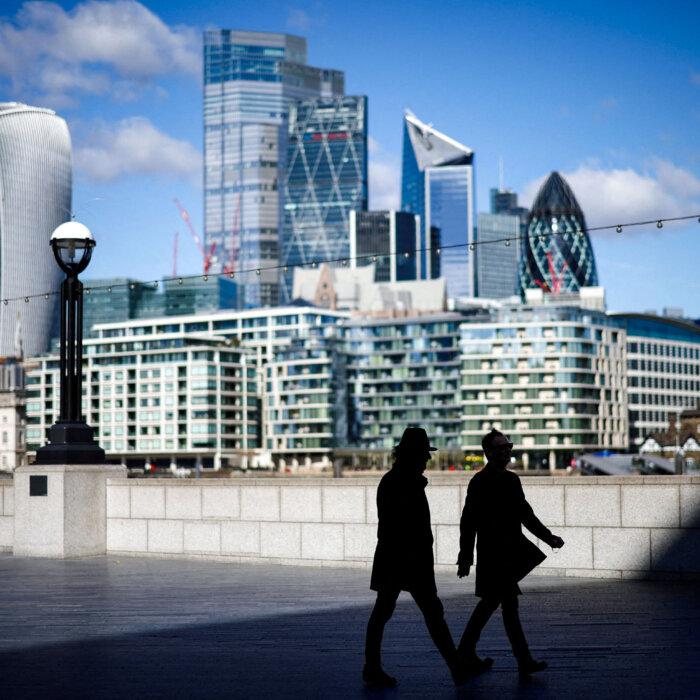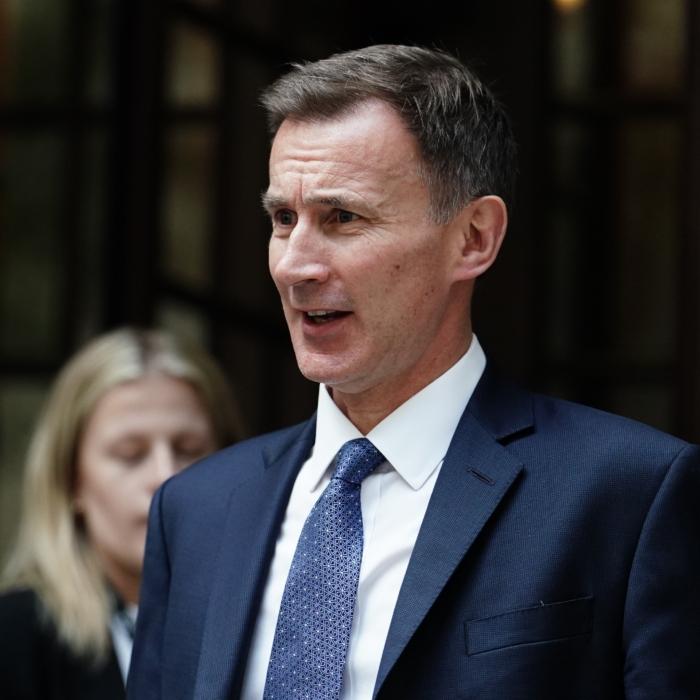The UK economy has flatlined for the second month in a row following no GDP growth in both July and June, official data suggest.
Economic stagnation for two months in a row is an unexpected development for economists, who had anticipated a 0.2 percent month-on-month GDP expansion. However, weeks following the election of the Labour government in July, the economy failed to expand.
While the economy showed no growth in June and July, it showed longer term strength and a rise by 0.5 percent in the three months to July, compared with the three months to April.
The services and construction sectors showed growth in the three months to July, by 0.6 and 1.2 percent respectively. A decrease by 0.1 percent over this period was recorded in the productions sector.
In services, the biggest contribution came from professional, scientific, and technical activities, as well as wholesale and retail trade. Construction enjoyed growth in new work and repair and maintenance.
Monthly figures, however, were less positive, with only the services sector showing growth in July. Output in construction and production fell by 0.4 and 0.8 percent respectively in July, following rises in both sectors in June.
Delicate Balance
The news of economic stagnation comes ahead of what is expected to be a difficult Autumn Budget statement in October. The government has said it has to take “tough decisions” to get public finances in order, following the announcement of a “£22 billion black hole” by the chancellor.Associate economist at the National Institute of Economic and Social Research, Hailey Low, said that the upcoming budget will be “the key to the puzzle” in understanding the direction Labour will take to boost the economy.

According to the lead economist at the Confederation of British Industry, Ben Jones, the government is balancing the need to sort out public finances and maintain business confidence.
“The government must remain focussed on its agenda for long-term growth. This means avoiding further pressures on business costs and providing firms with the certainty and long-term commitments over tax, regulation and infrastructure that will give them confidence to invest.
“By doubling down on the recently announced planning reforms, introducing a Net Zero Investment Plan and implementing a clearer, fairer and more competitive business rates system, government has an opportunity to supercharge investment and UK growth over the next Budget period and beyond,” Jones said in a statement.
On Wednesday, Reeves confirmed an £8 billion investment from Amazon Web Services, a deal that is meant to deliver thousands of jobs and boost economic growth.
The investment marks the start of the “economic revival and shows Britain is a place to do business,” Reeves said in a statement.
“I am determined to go further so we can deliver on our mandate to create jobs, unlock investment and make every part of Britain better off. The hard work to fix the foundations of our economy has only just begun,” she added.







